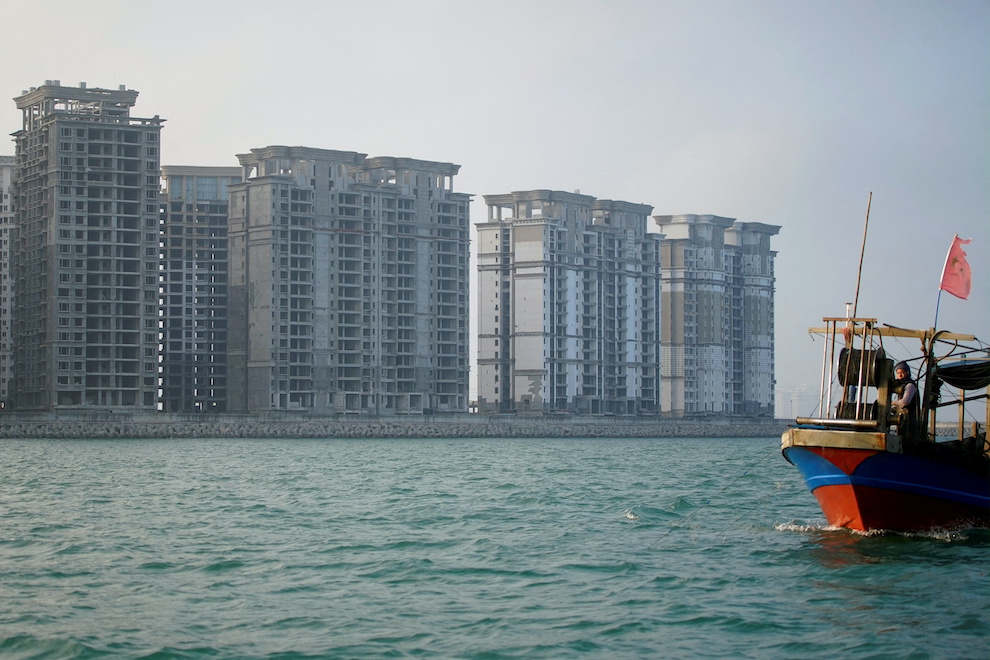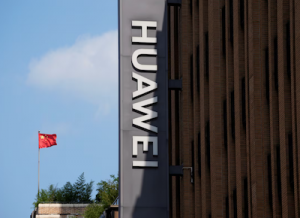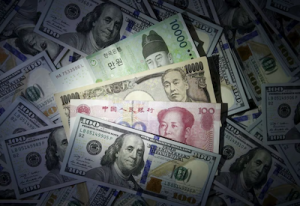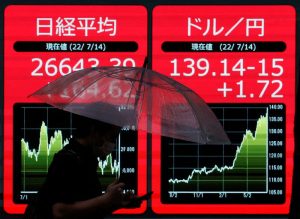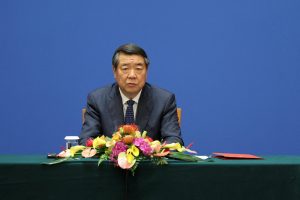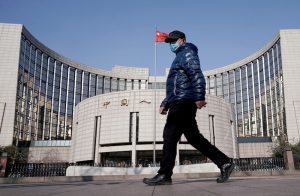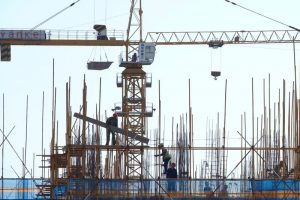Fundraising by China’s property developers via the issuing of bonds hit a 10-year low in January despite policy easing by Chinese regulators that slightly lifted investor sentiment, a Moody’s analyst said on Tuesday.
“Traditionally January is a very active bond issuance month for property companies. But this January we only saw $700 million in offshore bonds and $1.3 billion equivalent of onshore bonds issued by property companies – the lowest level in the last 10 years,” Gary Lau, the managing director of Moody’s Investors Service, said in a webinar hosted by Refinitiv.
Despite signs of policy easing, such as the relaxation of lending to developers and the lowering of mortgage rates to home buyers, the Chinese government’s overall policy philosophy – that “housing is for living in, not for speculation” – will remain unchanged, Lau said.
A new policy that standardises the control over cash and escrow accounts on property projects will give developers some flexibility and help them mobilise cash at the project level, but Lau did not expect this to release substantial cash at the holding company level, which could be used to repay debt.
The new rules, expected to be released soon, will allow property companies to withdraw advance payments on home units as long as funds held in reserve are deemed sufficient by authorities to cover the cost of the project, local media reported earlier this month.
“The primary objective of the government is to ensure timely delivery of pre-sold residential projects to the home buyers rather than debt repayment,” he explained. Besides, it would take time for distressed developers to dispose of assets on a large scale, and state-owned enterprises are not expected to bail out distressed firms, he noted.
With such expectation, Lau said he “will not be surprised to see more defaults” from Chinese property developers, who will face $40 billion of offshore bonds and $30 billion of onshore bonds maturing over the next six to 12 months.
But he expected the default rate of Chinese developers on high-yield bonds to slightly decrease this year, although default risks from China are still higher than the rest of the Asia Pacific region.
Data from China Index Academy showed that 14 Chinese developers including China Evergrande Group, China Aoyuan Property Group and Kaisa Group failed to repay 26 dollar bonds with debt totalling $8.6 billion last year.
• Iris Hong
ALSO ON AF:
China Evergrande Debt Crisis: Five Developers on the Brink
China Developers’ Bonds Extend Slide on Repayment Concerns
Fifth Of Low-Rated China Property Firms To Default: Goldman
China’s next debt crisis could be municipal funding vehicles
China Evergrande Scrambles to Avoid New Default




